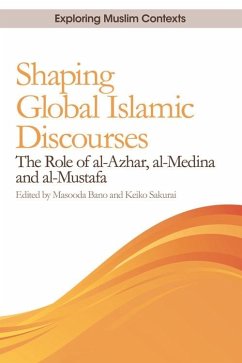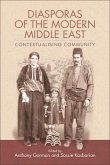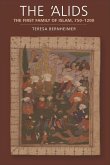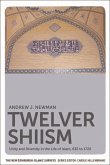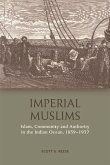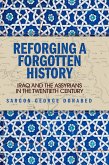Published in Association with the Institute for the Study of Muslim Civilisations
Explores the influence of centres of Islamic learning in Saudi Arabia, Iran and Egypt
Claims abound that Saudi oil money is fuelling Salafi Islam in cultural and geographical terrains as disparate as the remote hamlets of the Swat valley in Pakistan and sprawling megacities such as Jakarta. In a similar manner, it is often regarded as a fact that Iran and the Sunni Arab states are fighting proxy wars in foreign lands. This empirically grounded study challenges the assumptions prevalent within academic as well as policy circles about hegemonic power of such Islamic discourses and movements to penetrate all Muslim communities and societies. Through case studies of academic institutions the volume illustrates how transmission of ideas is an extremely complex process, and the outcome of such efforts depends not just on the strategies adopted by backers of those ideologies but equally on the characteristics of the receipt communities.
In order to understand this complex interaction between the global and local Islam and the plurality in outcomes, the volume focuses on the workings of three universities with global outreach, and whose graduating students carry the ideas acquired during their education back to their own countries, along with, in some cases, a zeal to reform their home society.
Key Features
- Focuses on case studies of three of the most influential international centres of Islamic learning in contemporary times: Al-Azhar University in Egypt, International Islamic University of Medina in Saudi Arabia, and Al-Mustafa University in Iran
- Traces the activities and influence of graduates in their home communities to show how ideas are transmitted from one locale to another and how this process often induces adjustments within those ideas
- Takes a comparative appoach with cases from North and West Africa and Southeast Asia
Dieser Download kann aus rechtlichen Gründen nur mit Rechnungsadresse in A, B, BG, CY, CZ, D, DK, EW, E, FIN, F, GR, HR, H, IRL, I, LT, L, LR, M, NL, PL, P, R, S, SLO, SK ausgeliefert werden.

